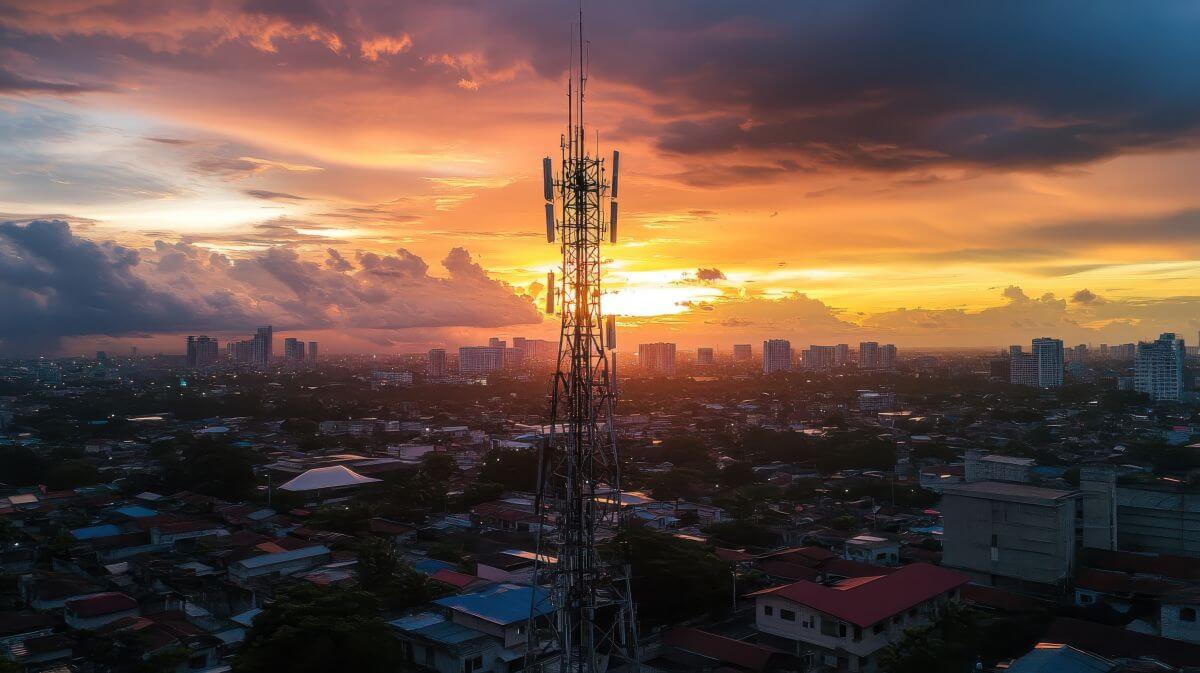

Salceda has released a policy briefing that flagged “structural infirmities” in the bill. While he acknowledged the bill’s intent to expand internet access, he cautioned that its current version undermines incentives for infrastructure investment and poses risks to regulatory fairness, market accountability, and emergency communications.
“The objective of expanding internet access is well-intentioned,” Salceda said. “But the current form of the bill introduces structural risks to infrastructure policy, regulatory balance, public accountability, and even national emergency readiness,” he warned, urging the President to return the measure to Congress for further deliberation.
Undermining infrastructure investment
Salceda warned that the bill’s provisions could discourage telcos from investing in physical networks—especially in underserved rural areas—by allowing new internet service providers (ISPs) to enter the market without infrastructure requirements or legislative franchises.
These newcomers could rely on satellite or bandwidth resale, offering services at lower cost but without contributing to the country's network build-out.
He noted that installing fiber-to-the-home infrastructure costs between $700 and $1,500 per urban user and up to $6,000 in remote areas. Without franchise obligations, new entrants could bypass these investments, leaving incumbent providers to shoulder the burden of universal service.
Threat to legacy landlines, emergency response
Another key concern involves the potential collapse of fixed-line voice services. Landline subscribers in the Philippines have already declined from 6.8 million in 2011 to under 4.9 million in 2022, and teledensity is now the lowest among ASEAN-5 countries. The bill’s focus on data-only providers could further accelerate this trend.
“Traditional landlines remain the most reliable communication systems during disasters,” Salceda stressed. “They are powered by telephone exchanges with backup systems and don’t depend on local electricity or cell towers.”
By encouraging providers to drop voice services in favor of low-cost data offerings, the bill could weaken the country’s emergency communication capabilities, he said.
Dual regulatory track raises equity issues
The bill creates a two-tiered regulatory system by requiring legislative franchises and stricter oversight for traditional telcos, while exempting new data-only ISPs.
These new players would only need to register with the Department of Information and Communications Technology (DICT), bypassing franchise deliberations, service quality checks, and universal coverage mandates.
“This creates an uneven playing field,” Salceda warned. “Legacy players will remain heavily regulated while new entrants benefit from their infrastructure without being subject to the same public interest requirements.”
Concerns over ownership transparency
Salceda also flagged gaps in ownership disclosure and public accountability. While companies like Globe and PLDT are publicly listed and regulated by the Securities and Exchange Commission, the bill does not require data-only ISPs to follow the same transparency standards.
The bill prohibits foreign state-owned entities from entering the market but does not require a minimum domestic equity threshold—raising the possibility of foreign private control without local accountability, he added.
Proposed amendments
Salceda urged the President to use his constitutional authority to return the bill to Congress with recommendations for amendment. His proposals include:
A strict definition of data-only providers that excludes voice services
Mandatory infrastructure investment for all providers, regardless of franchise
Proportional service obligations in geographically isolated areas
Stock listing or minimum public float for providers above certain thresholds
Protections for legacy landline systems until reliable alternatives are in place
“This bill can still be crafted to promote digital inclusion while protecting long-term infrastructure resilience, service equity, and public accountability,” Salceda said. —Ed: Corrie S. Narisma
